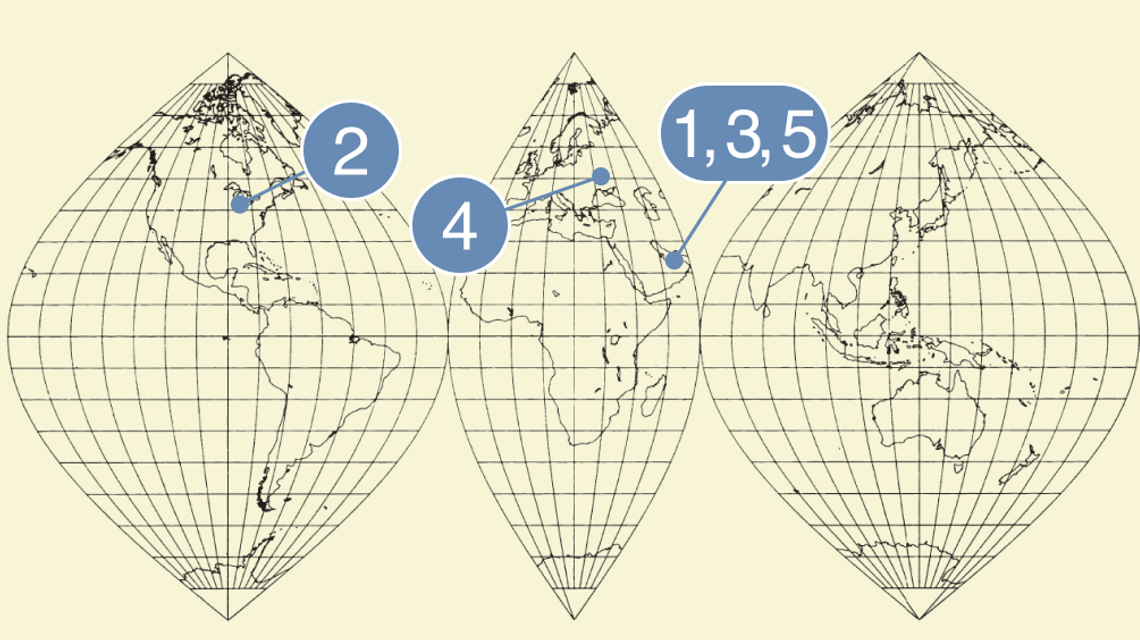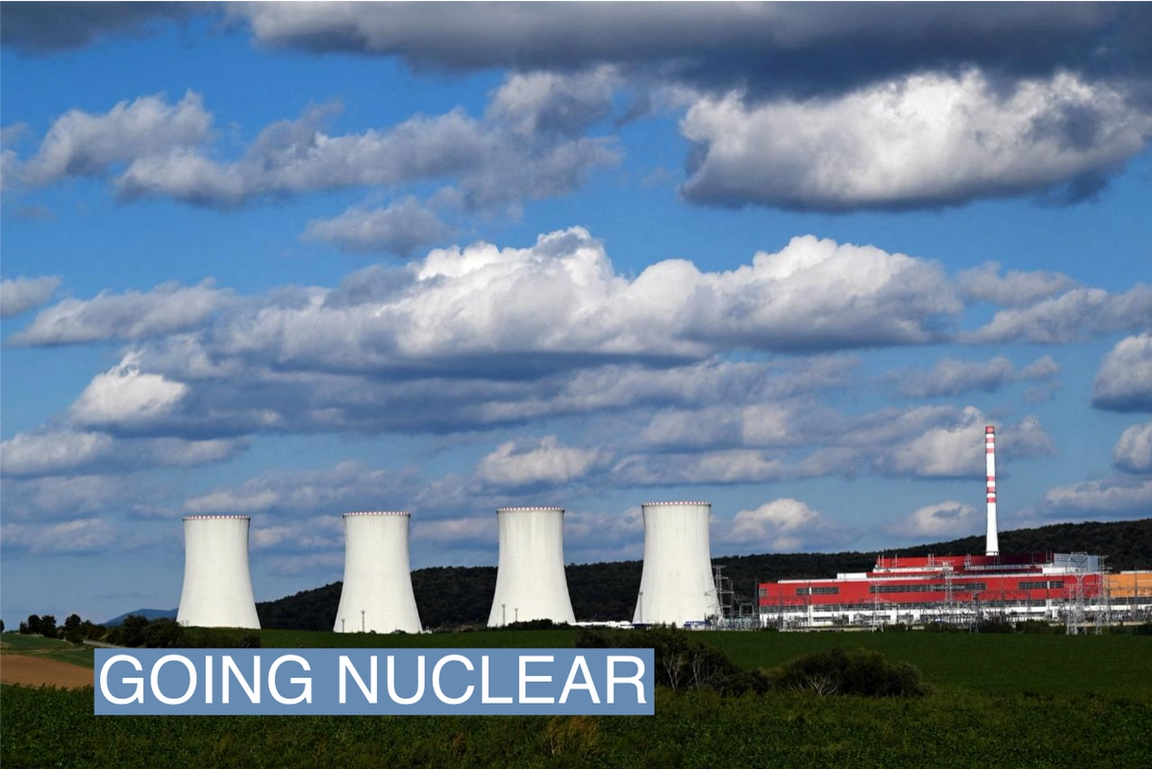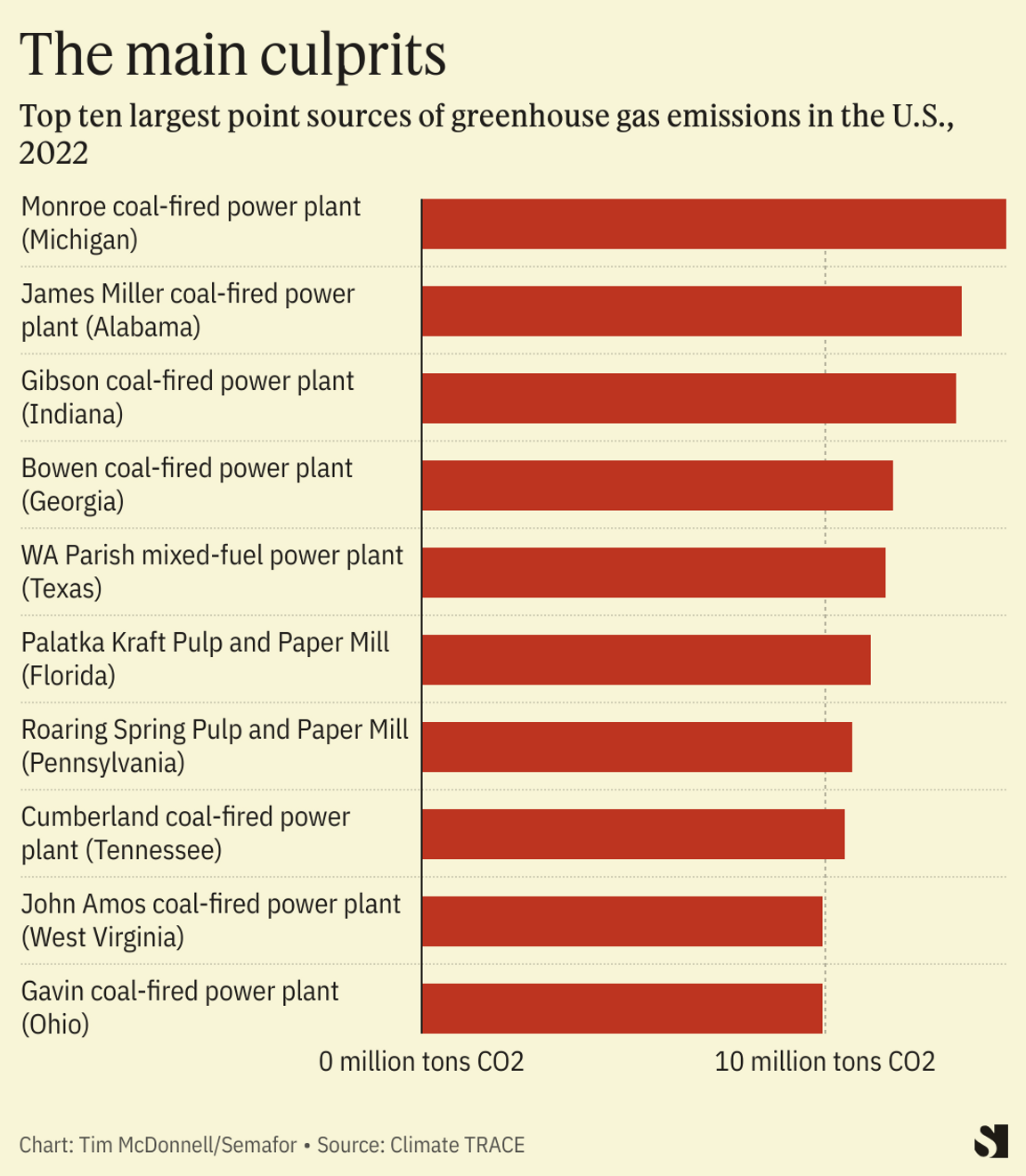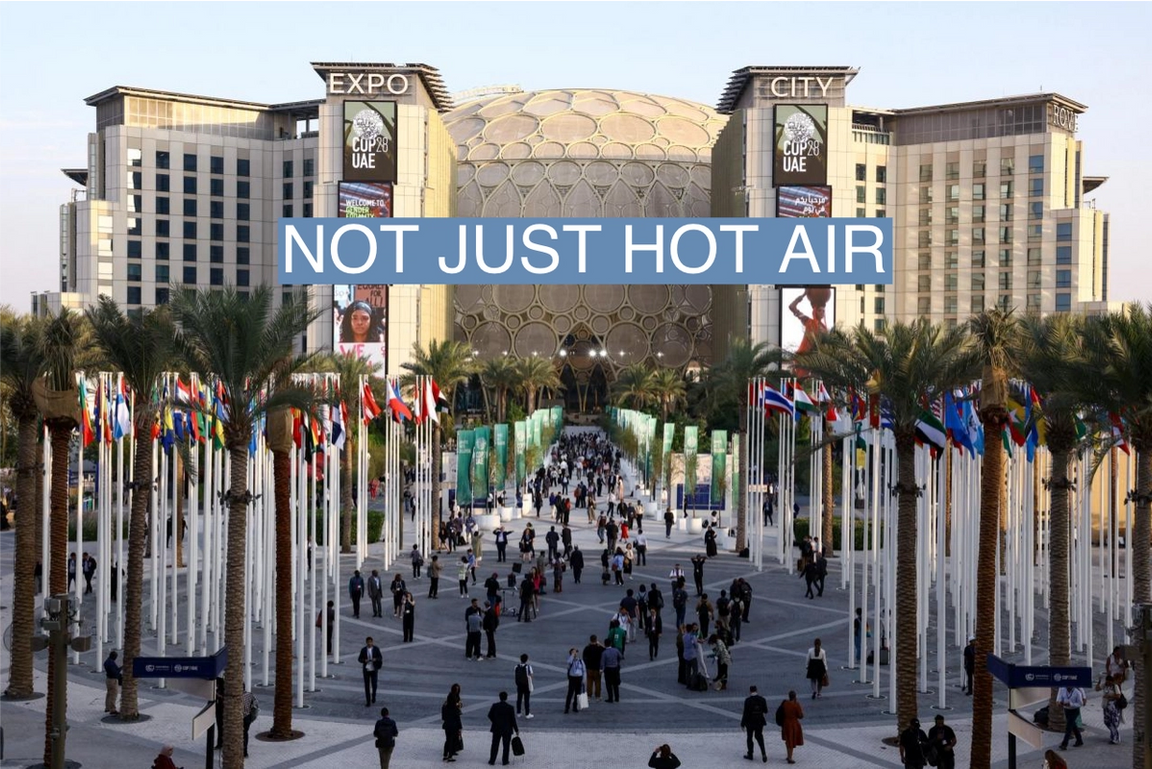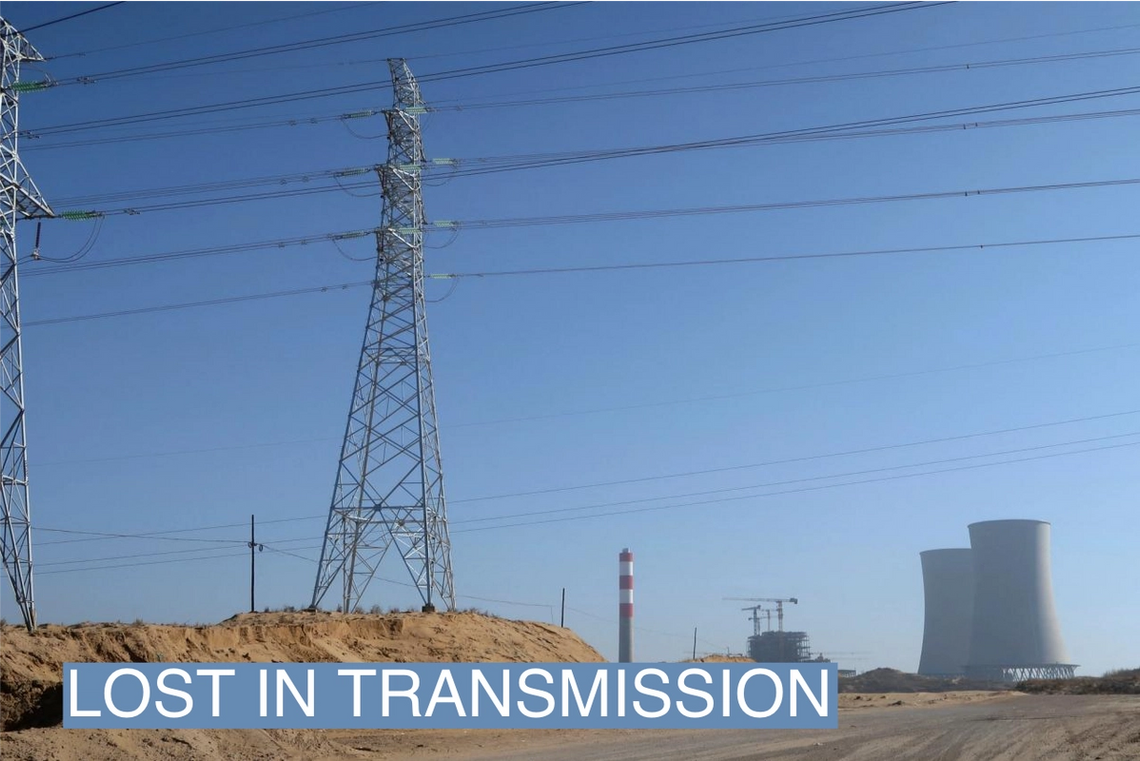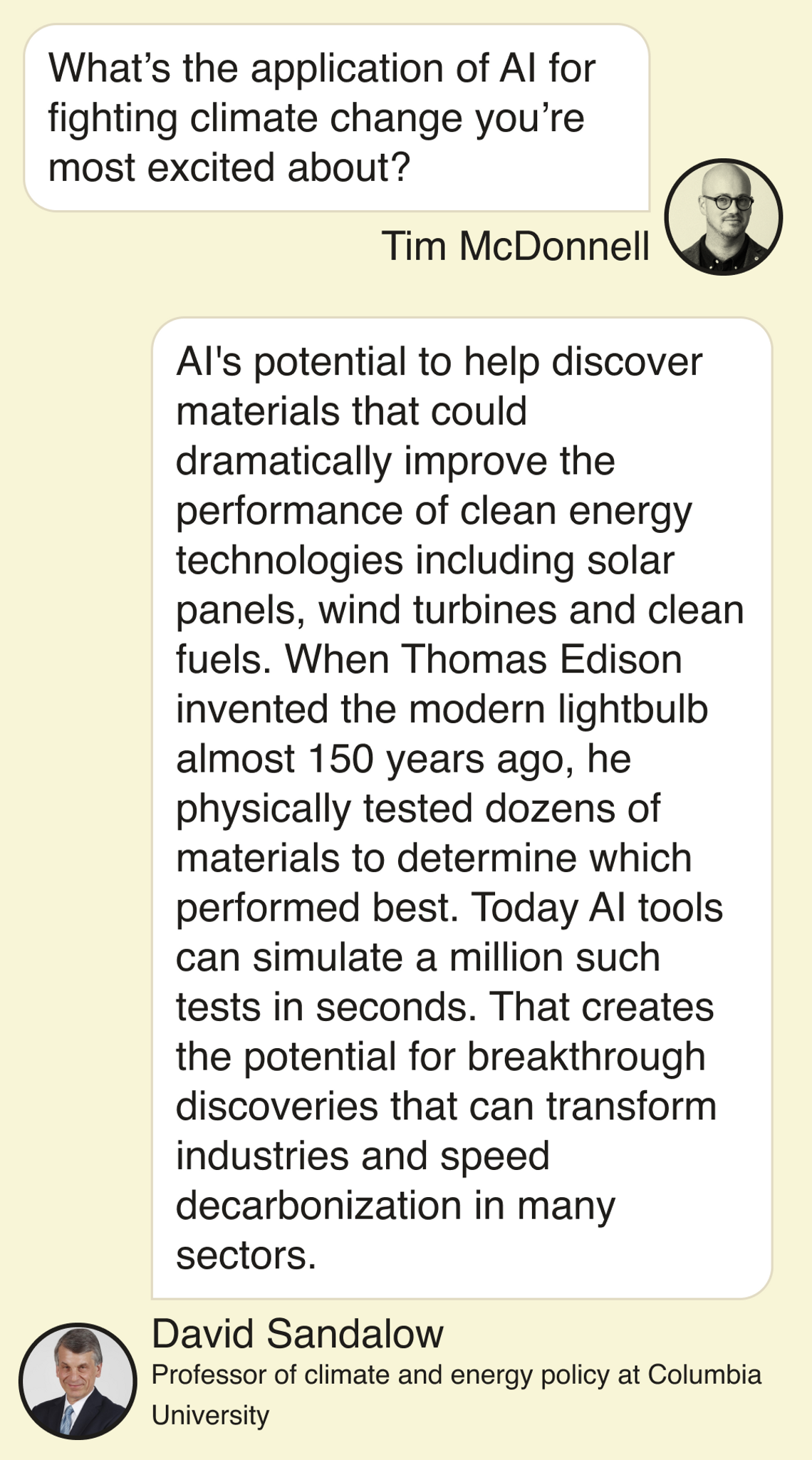 REUTERS/Mike Segar/File Photo REUTERS/Mike Segar/File PhotoIn addition to ministers and heads of state, COP28 is awash in mayors, officially participating in the summit for the first time. At their helm is former New York City Mayor Michael Bloomberg, whose foundation over the weekend committed $65 million to help local governments design and carry out clean energy and climate adaptation projects. Cities are responsible for 70% of global energy use and 75% of CO2 emissions, but municipal governments often struggle to get any resources to address them. That finance gap is especially huge in developing countries: A study released during COP28 by the Climate Policy Initiative found that just 1% of all climate finance from development banks reaches city governments in the global south. On Saturday morning, Bloomberg Philanthropies invited a few dozen mayors to chat about their climate woes over coffee and chocolate muffins. The group included the mayors of Kitwe, Zambia; Santiago, Chile; Cincinnati, Bogota, and Reykjavík, among others. They shared stories about fighting with state and regional governments for limited federal funding, converting underused real estate into cooling and emergency relief centers, closing off downtown areas to cars, and wrangling community volunteers to install solar-power lampposts and plant trees. In many cases, mayors said they tapped local youth groups — their most passionate constituency on climate — to come up with ideas and carry them out. “Cities are really left to fend for themselves on climate,” Erion Veliaj, the mayor of Tirana, Albania, told me. “So you have to get more creative, and the stuff you can’t afford, you have to crowdsource.” Mayors also have to work together, said Yvonne Aki-Sawyerr, mayor of Sierra Leone’s capital Freetown and recently elected co-chair of C40, a global network of climate-focused mayors. She spent two and a half years fruitlessly trying to raise money for the city’s first mass public transit system, a cable car. In the end, it was other mayors who helped her figure out how to successfully design a bankable project and make connections with the right private financiers — and the project is under construction now. |


